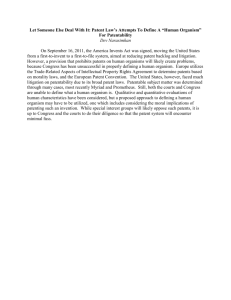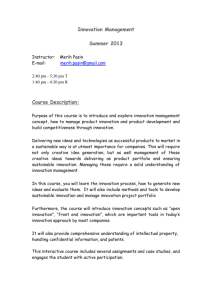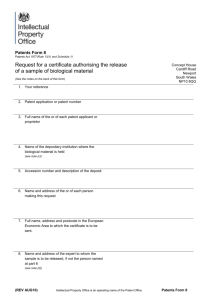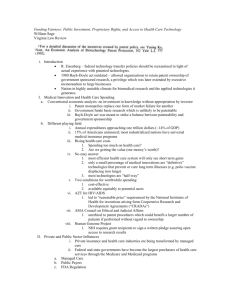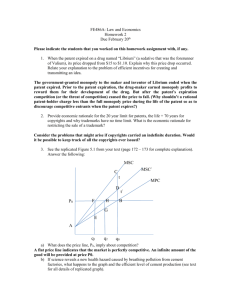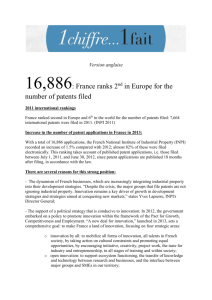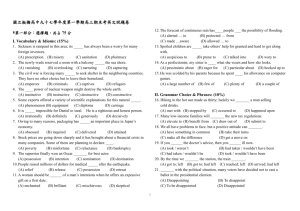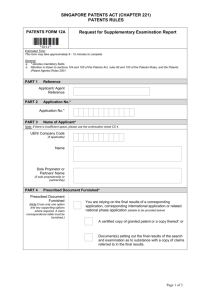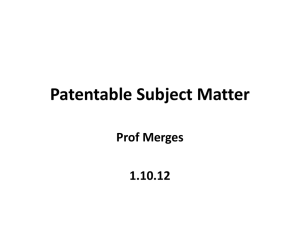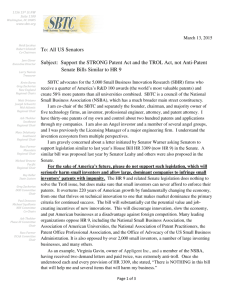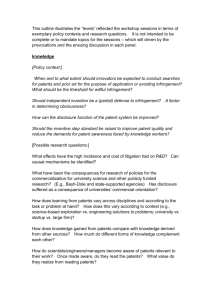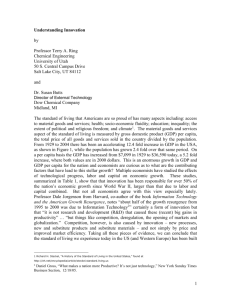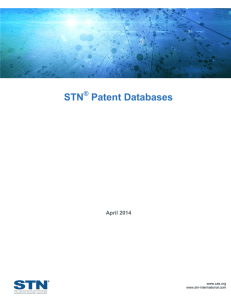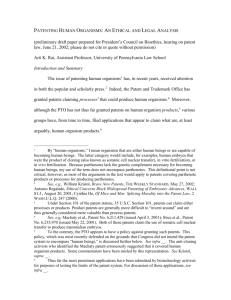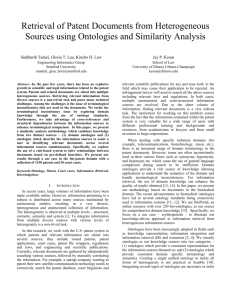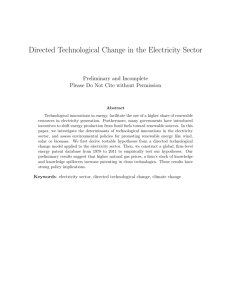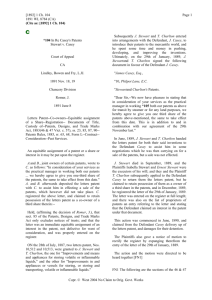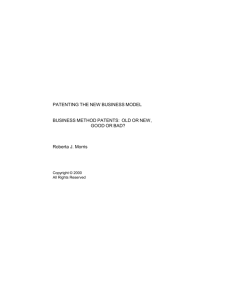US to Grant Patents on Animals - The Foundation on Economic Trends
advertisement
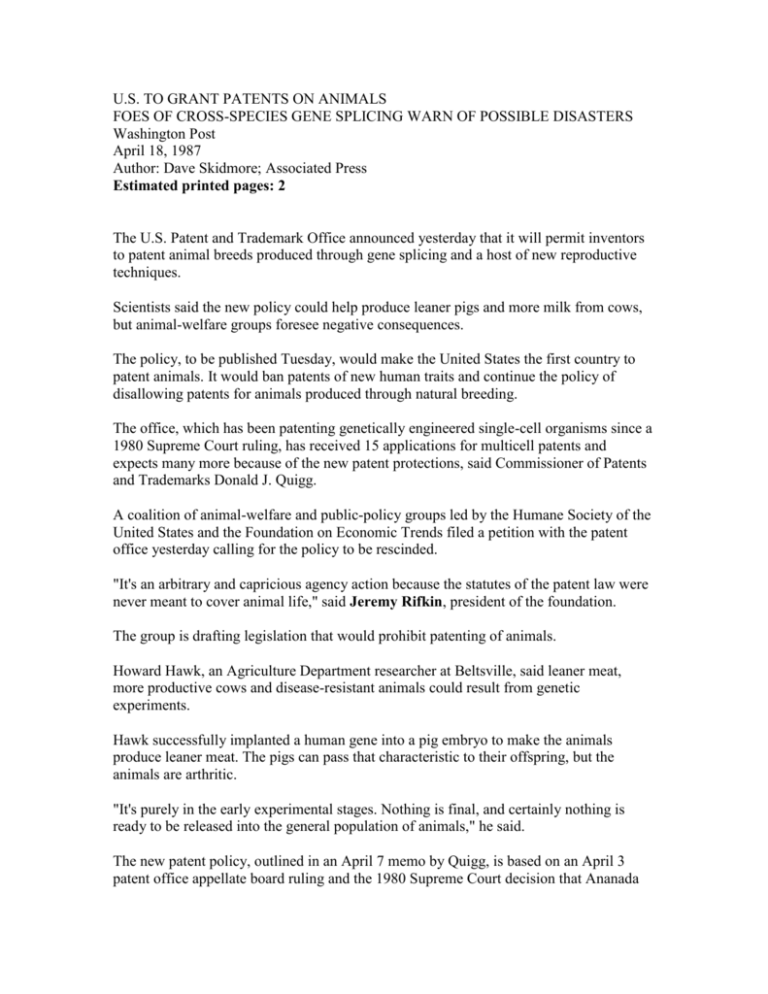
U.S. TO GRANT PATENTS ON ANIMALS FOES OF CROSS-SPECIES GENE SPLICING WARN OF POSSIBLE DISASTERS Washington Post April 18, 1987 Author: Dave Skidmore; Associated Press Estimated printed pages: 2 The U.S. Patent and Trademark Office announced yesterday that it will permit inventors to patent animal breeds produced through gene splicing and a host of new reproductive techniques. Scientists said the new policy could help produce leaner pigs and more milk from cows, but animal-welfare groups foresee negative consequences. The policy, to be published Tuesday, would make the United States the first country to patent animals. It would ban patents of new human traits and continue the policy of disallowing patents for animals produced through natural breeding. The office, which has been patenting genetically engineered single-cell organisms since a 1980 Supreme Court ruling, has received 15 applications for multicell patents and expects many more because of the new patent protections, said Commissioner of Patents and Trademarks Donald J. Quigg. A coalition of animal-welfare and public-policy groups led by the Humane Society of the United States and the Foundation on Economic Trends filed a petition with the patent office yesterday calling for the policy to be rescinded. "It's an arbitrary and capricious agency action because the statutes of the patent law were never meant to cover animal life," said Jeremy Rifkin, president of the foundation. The group is drafting legislation that would prohibit patenting of animals. Howard Hawk, an Agriculture Department researcher at Beltsville, said leaner meat, more productive cows and disease-resistant animals could result from genetic experiments. Hawk successfully implanted a human gene into a pig embryo to make the animals produce leaner meat. The pigs can pass that characteristic to their offspring, but the animals are arthritic. "It's purely in the early experimental stages. Nothing is final, and certainly nothing is ready to be released into the general population of animals," he said. The new patent policy, outlined in an April 7 memo by Quigg, is based on an April 3 patent office appellate board ruling and the 1980 Supreme Court decision that Ananada Chakrabarty, a General Electric Co. researcher, could patent a genetically altered bacterium that could digest crude oil. The appellate board, citing the Chakrabarty decision, said a specially bred West Coast oyster could not be patented because it was not genetically different from natural oysters. "I think we're simply following the interpretation of the law set down by the Supreme Court," Quigg said. The policy cannot be extended to human beings, he added, because of constitutional restrictions. Michael W. Fox, scientific director of the Humane Society, said that cross-species gene splicing, as in the case of the Beltsville pigs, raises the specter of "a potential holocaust of the animal kingdom." "That's sheer nonsense," said Henry I. Miller, a biotechnology adviser to the Food and Drug Administration. "For half a century we've treated diabetes in humans with insulin derived from pigs and cattle." Bernard Davis, a Harvard Medical School professor, said of combining genes from different species, "We did that thousands of years ago by making mules. The world didn't fall apart. Edition: FINAL Section: A SECTION Page: a24 Company Name: U.S. PATENT AND TRADEMARK OFFICE Index Terms: NEWS NATIONAL; DONALD J. QUIGGS; Medical research; Genetics; Animals; Patent and trademark laws; Lab animals; United States Copyright 1987 The Washington Post
